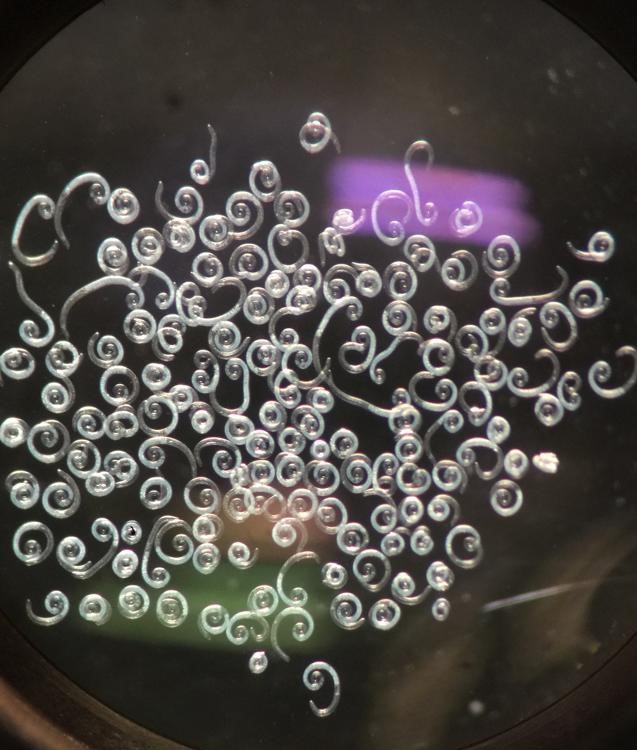Research
Our main goals are to develop novel diagnostic and control measures against helminth infections as well as to characterize the immunomodulatory effects of nematodes. For this, we use different proteomic, transcriptomic and other molecular biology approaches to understand host-parasite interactions.

One of our main goals is to develop multianalytical and multiplexed approaches for the diagnosis of some of the most important human helminthiases. We start from the characterization of the most immunogenic proteins that can serve as good diagnostic candidates, express the recombinantly and employ different technologies to validate them.
We also work in the development of effective vaccines against these neglected tropical diseases. For this, we have different animal models that mimic the infection of some of the most important human helminthiases. We employ gene editing techniques to delete genes coding for candidate proteins and study the infection, establishment and survival of the parasite in the host. We also apply reverse vaccinology approaches to select vaccine candidates that we, then, validate in our lab and in collaboration with other researchers.

Finally, with the incorporation of new members to the lab, we are opening other research lines such as the study and characterization of the immunomodulatory properties from nematodes. We focus on the extracellular vesicles and their content (i.e. proteins and miRNA) to analyze how nematodes can modulate their host’s immune response to their own benefit and how we can harness this to combat autoimmune diseases.